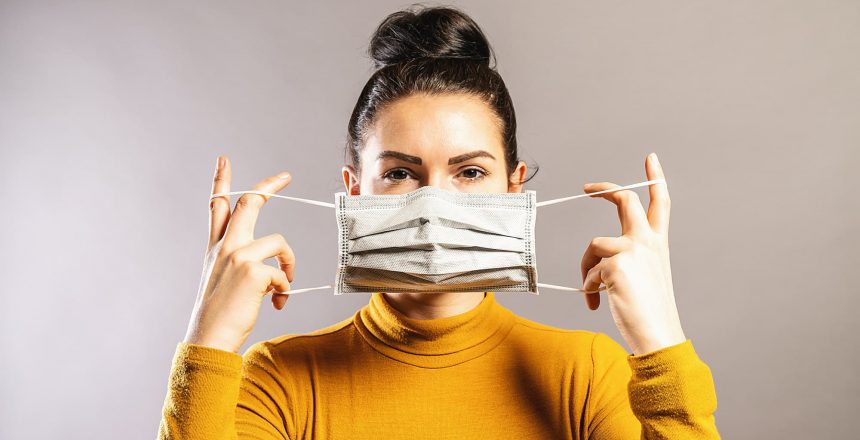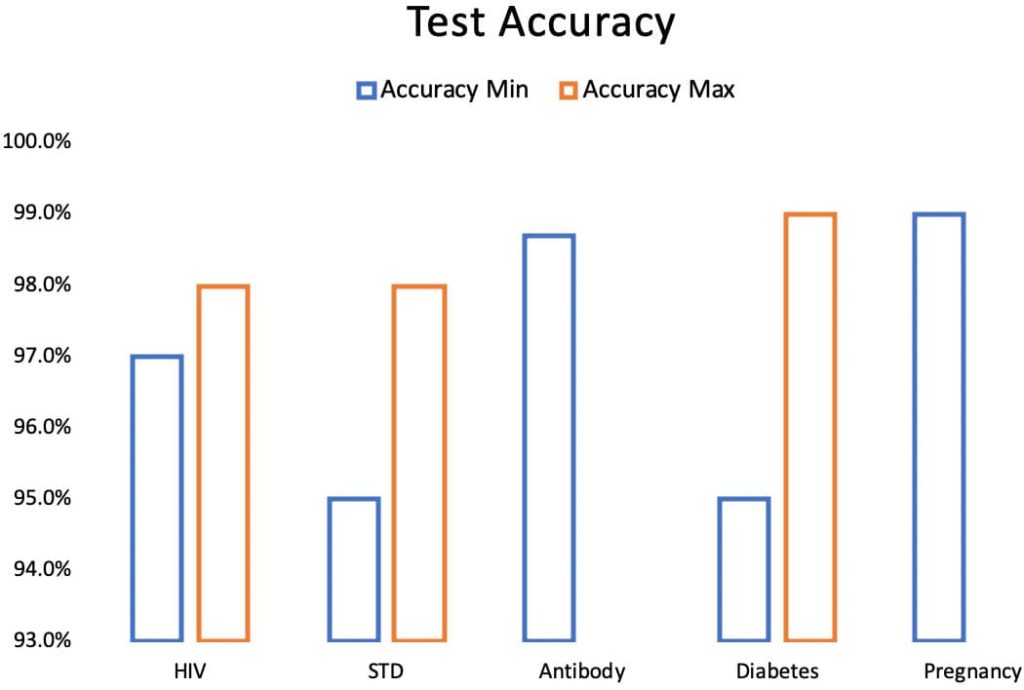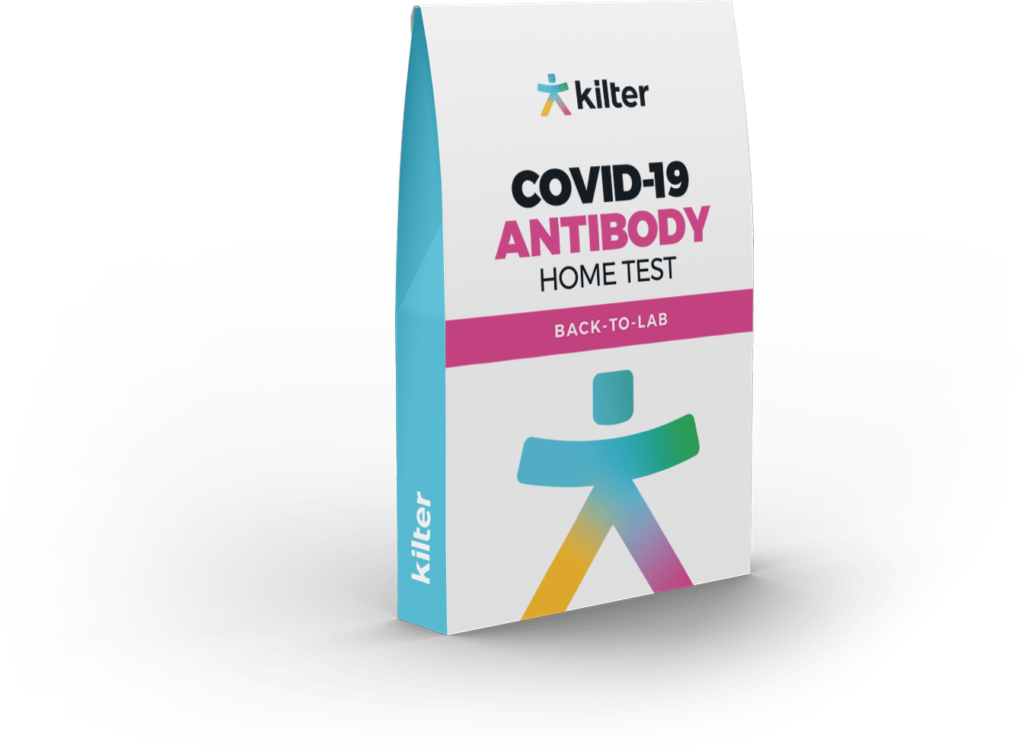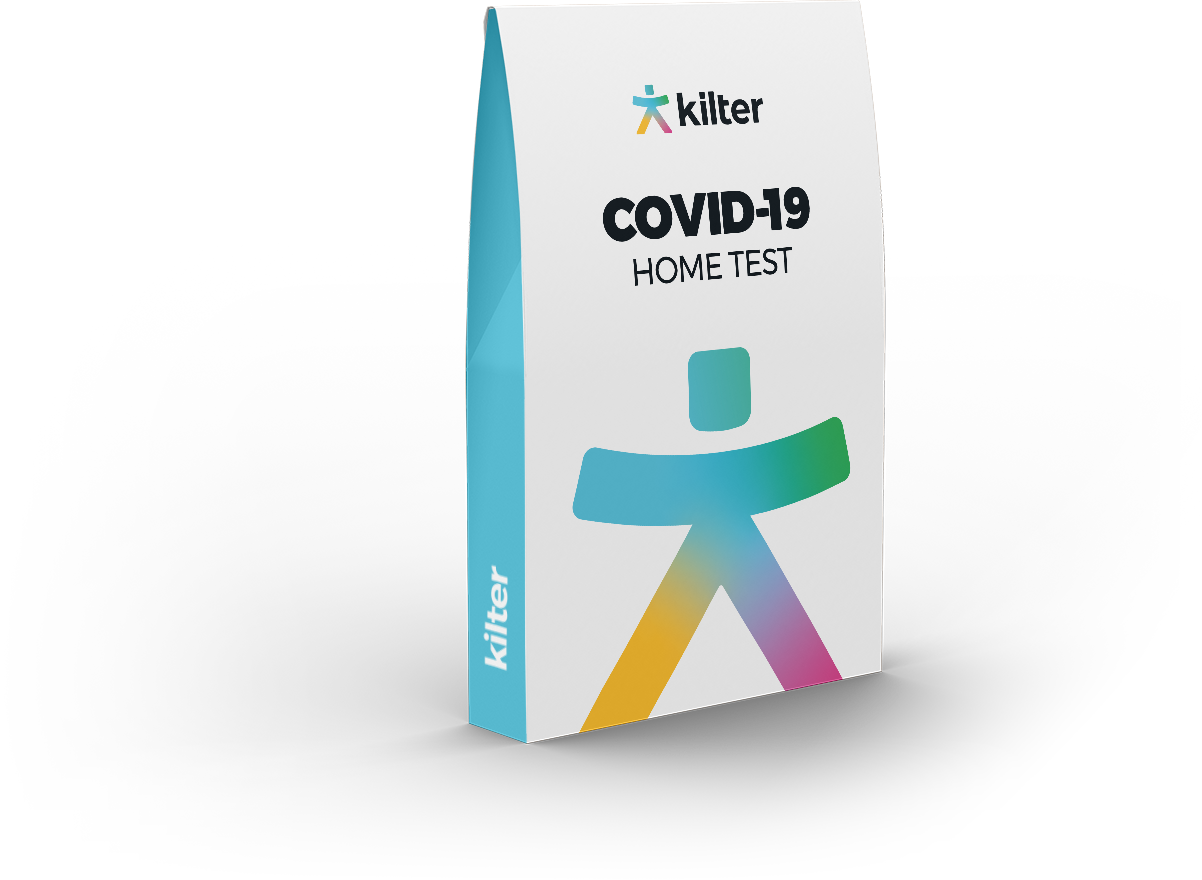Menu

Much has been written recently speculating about the percentage of the population that is unknowingly carrying and potentially spreading Covid-19. Research from around the world shows that anywhere between 20% and 86% of infected people are asymptomatic. Iceland tested its whole population for Covid-19 and found that around 50% of those who had the virus showed no symptoms at all.
How can a person not know that they have Covid-19?
The short answer is that nobody really knows why some people are affected by the virus and why some are not. Everybody has a unique immune system, allowing some to be positive and transmitting the disease while remaining in good health. Others become seriously ill.
Others may display symptoms which do not include the three main symptoms the NHS look for – continuous dry cough, raised temperature and loss of sense of taste/smell. This is important as the new government tracking system being brought in will only be looking for these three symptoms.
Research would also indicate that people are most infectious and likely to transmit the virus up to 72 hours before symptoms present themselves.
The only way of identifying the real spread of the virus and stopping transmission is mass testing
What do we need to do?
When you can’t tell who has got the virus, the safest approach is to assume that you and everyone else has it. This is why antibody testing is an invaluable resource when it come to helping people make informed decisions
The instant antibody blood spot tests are so easy to use they can be self-administered and only take 15 minutes to provide results but are not currently approved for MHRA at this point in time. There are a number of trials being undertaken to look at self-testing and we expect this situation to change in the near future.
The tests will give you one of three different outcomes, and they do this by identifying 2 types of antibodies – IgG and IgM.
This will show you one of the following:
1. The test detects the presence of IgM antibodies. This indicates that the donor is infected with the virus.
2. The test detects the presence of IgG antibodies. This indicates that the donor has previously been infected with the virus but has recovered and is no longer infectious.
3. The test will detect the presence of both IgG and IgM antibodies. This indicates that the donor still has the virus and could still be infectious. The presence of the IgG antibodies does also indicate that the body is fighting the virus, and that they could be on the road to recovery.
It is important to remain on the side of caution and we would strongly recommend that any donor whose test shows up IgM antibodies, should remain in self isolation.
If the donor presents as being fit and healthy, an IgM antibody reading means that they need to self-isolate and shouldn’t remain in work.
Antibody testing is the most effective way of identifying who is and who isn’t asymptomatic.
It is also important to remember that testing should be done on a regular basis, and it is recommended that you re-test people even if they have previously contracted and recovered from the virus.
This is because there is currently no evidence to show that people who have recovered from Covid-19 and have antibodies are protected from a second infection.
There has been plenty of controversy and misinformation spread around the accuracy of antibody tests. For the sake of clarity we feel it’s important to address this so please see the below.
Regular health screening and targeted testing regimes are crucial to stopping the spread of the virus.

Please note that in the medical and testing industry, science and research are always changing. As such, facts and opinion written in our articles may become out of date and must never be considered medical advice. Always contact your GP If you are concerned about your health.

We have both Antigen & Antibody private tests available to order which will help you determine your past or present exposure to the coronavirus.

Keep up to date with our industry insight into Covid-19. We’ll also keep you up to date with the release of any new medical health tests.
